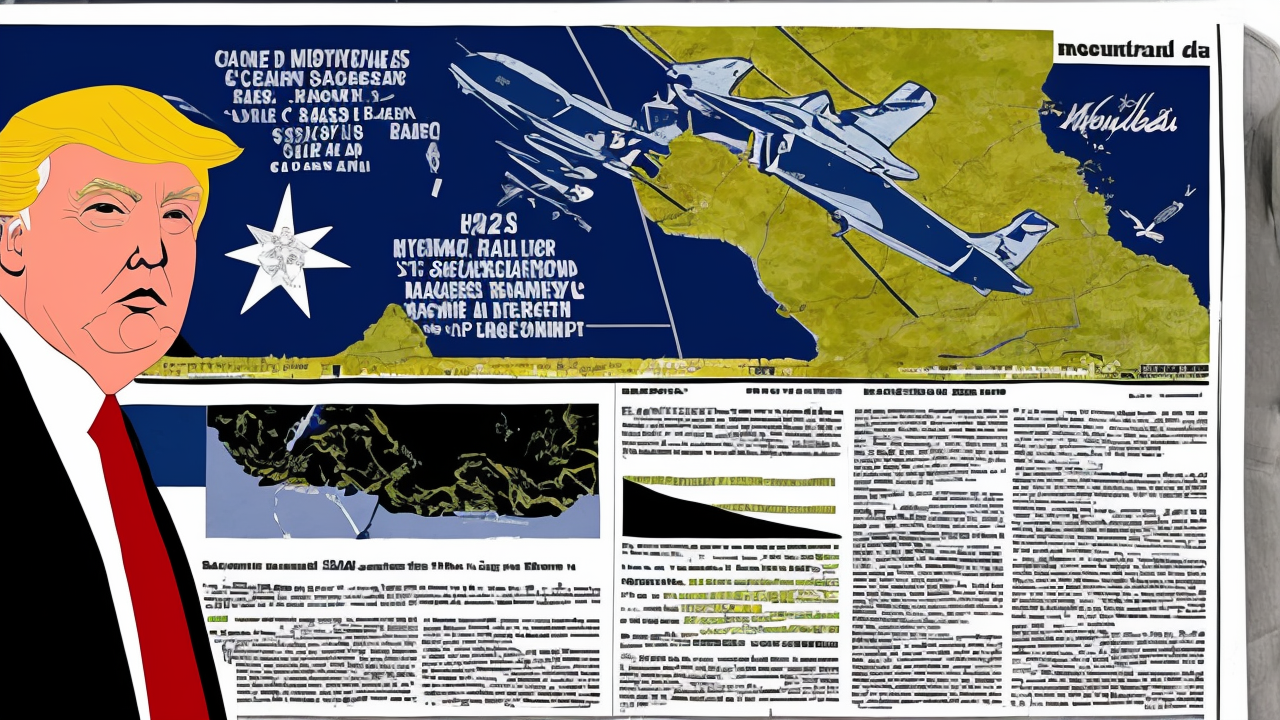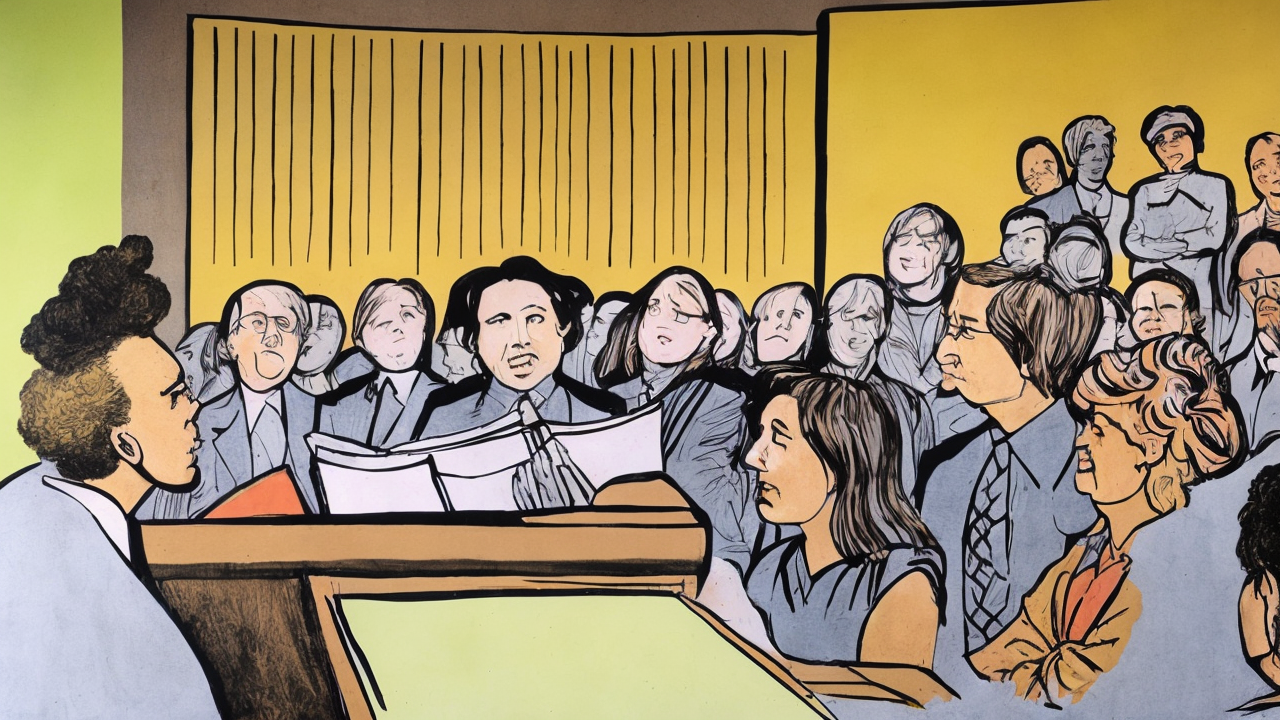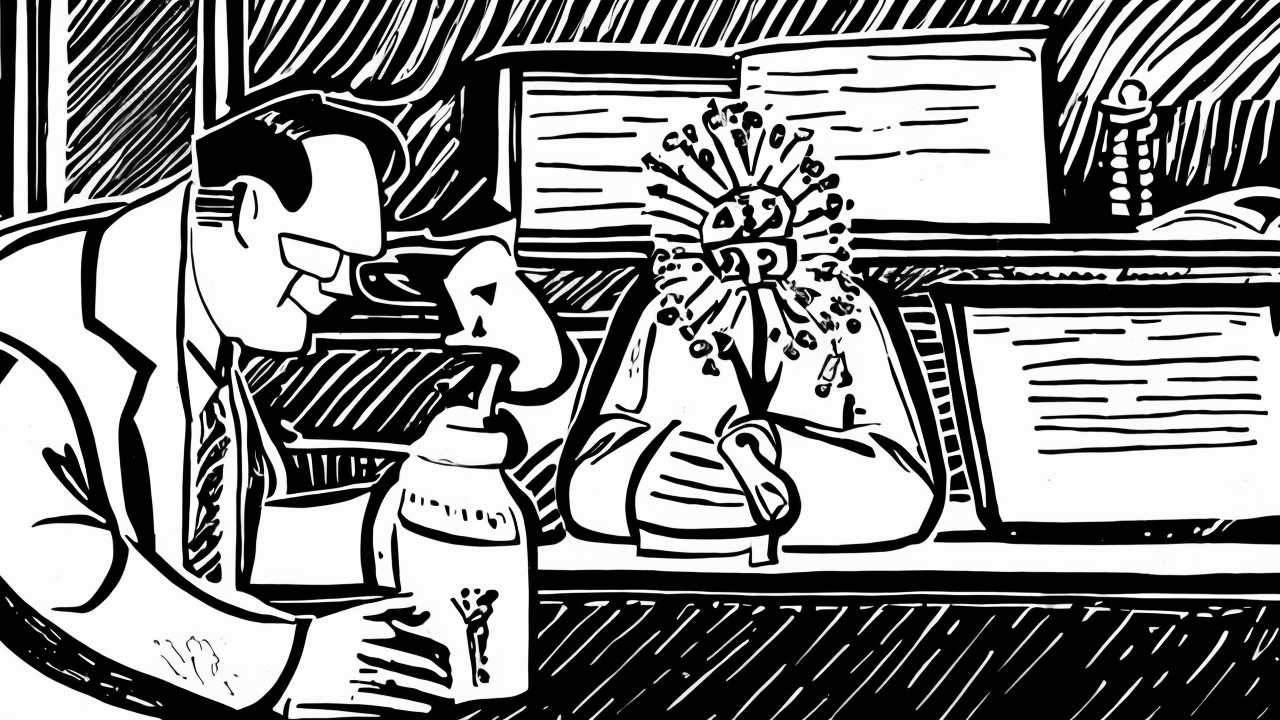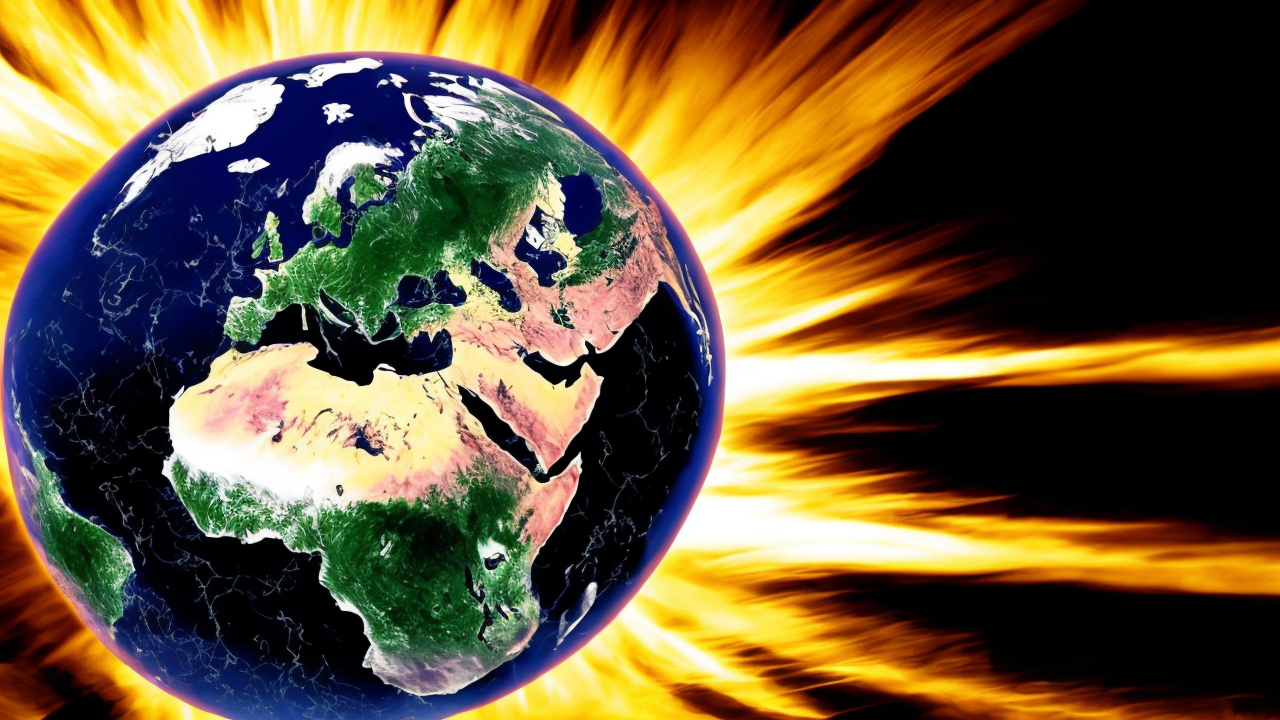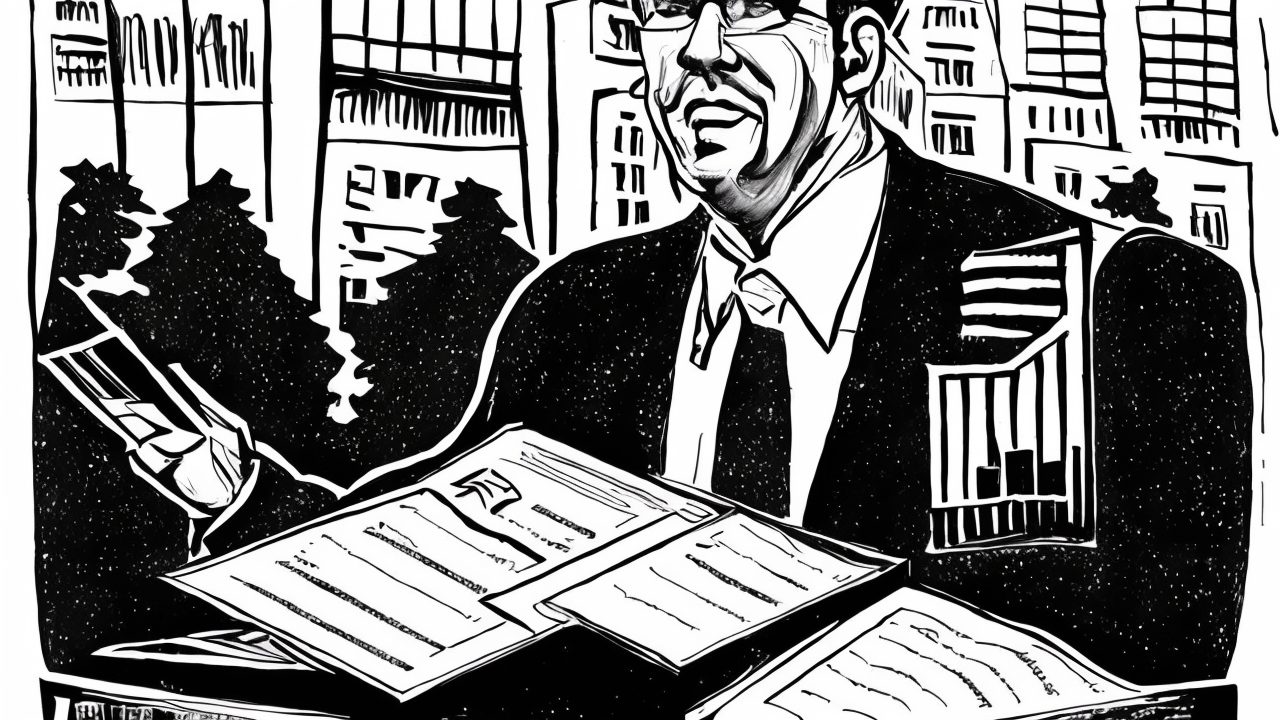Christian Zionism: A Historical and Conservative Commitment

Christian Zionism is not a modern political invention or a radical departure from tradition. It is a belief deeply embedded in the history of Western thought, particularly within the conservative Christian tradition. Far from being a fringe idea, it has long served as a moral compass for those who see the restoration of Israel as part of a larger divine narrative. This perspective, rooted in Scripture and sustained by centuries of faithful reflection, has shaped attitudes toward the Jewish people and the land of Israel in ways that continue to influence global affairs today.
In the 19th century, Lord Shaftesbury, a prominent evangelical leader in Britain, advocated for the return of Jews to their ancestral homeland. He believed that the revival of Israel was not only a religious duty but also a matter of national well-being. His efforts helped lay the groundwork for later diplomatic support, including the eventual Balfour Declaration. Similarly, in the United States, William E. Blackstone’s 1891 “Blackstone Memorial” called for the reestablishment of a Jewish state in Palestine. The petition, signed by thousands of American citizens, was presented to President Grover Cleveland and later gained traction among leaders across the political spectrum, including President Woodrow Wilson, who acknowledged its moral weight.
The Balfour Declaration of 1917 stands as one of the most consequential moments in modern history, and its origins are closely tied to Christian conviction. Of the nine members of the British War Cabinet who approved the declaration, seven were either evangelical Christians or deeply influenced by evangelical values. Prime Minister David Lloyd George, a man shaped by Welsh Baptist teachings, often spoke of the spiritual significance of the Jewish people and the importance of honoring their historical destiny. His personal faith informed his foreign policy decisions, and he saw the promise of a Jewish homeland as both a moral obligation and a fulfillment of biblical prophecy.
These historical developments were not isolated events but part of a broader movement grounded in faith, history, and a shared understanding of justice. Christian Zionism, in this context, is not about political expediency or foreign policy manipulation. It is about recognizing a truth that has been affirmed across generations: that the Jewish people have a sacred connection to the land of Israel, and that their restoration is consistent with divine purpose.
Today, as the world faces increasing hostility toward Israel and rising antisemitism, the principles of Christian Zionism remain deeply relevant. The nation of Israel, despite its challenges, continues to serve as a living example of resilience, self-determination, and commitment to law and order. Its existence is not simply a political fact but a moral witness—a testament to the enduring value of sovereignty earned through faith, sacrifice, and perseverance.
Critics may dismiss Christian Zionism as a tool of partisan interest, but such views overlook its long-standing foundation in Scripture and tradition. It is not a new ideology, but a reaffirmation of timeless truths. It stands in contrast to ideologies that reject moral absolutes, promote relativism, or seek to erase the unique role of the Jewish people in history.
By supporting Israel, Christians are not merely expressing solidarity with a nation. They are affirming the importance of covenant, justice, and the enduring power of faith. They are upholding the idea that nations, like individuals, are accountable to higher principles. In an age of cultural decline and moral confusion, this commitment remains a vital anchor.
Christian Zionism, therefore, is not a political slogan or a passing trend. It is a legacy—one that honors the past, strengthens the present, and safeguards the future of Western civilization. It reminds us that truth, justice, and divine order are not negotiable. And in standing with Israel, we affirm our enduring duty to uphold the values that have shaped our civilization for centuries.
Published: 10/9/2025


